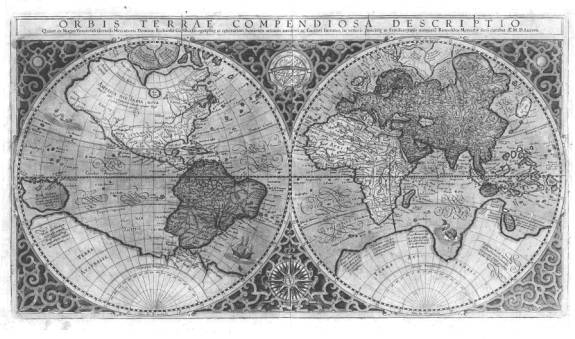|
|
|
|
Final Exam Assignment 2009 |
Schedule & Format--All options are open-book and open-notebook.
- Write exam in-class
during final exam period (7-9:50, Wednesday 9 December 2009)
OR - Write and send by email using 3-4 hours anytime after 2 December--deadline is Friday 6pm, 11 Dec.
Content: 2 essays of app.1.5 hours each.
Length: At least 6-8 paragraphs each. Best essays are usually longer than average, overflowing with relevant ideas connecting to texts, objectives, discussions & presentations, to your own research, to each other.
Essay 1: Describe and evaluate your learning experience, referring to texts, objectives, research, and midterm
Essay 2: Compose a dialogue between four texts since the midterm (Objectives 1, 2, 3 & possibly others)
Requirements:
Both essays must have titles (for posting purposes).
Make at least one reference to a previous final exam submission from an earlier offering of this course (see links above).
Warning: The most common error in the midterms was disregard of Course Objectives in syllabus.
Essay 1: Referring to the following sources, describe and evaluate your learning experience in this course :
-
2-3 course texts
-
your midterm—review, evaluate, & extend
-
one or both of your research posts, or your research project (essay or journal)
-
Objective 3 concerning "American resistance to or ignorance of postcolonial criticism" and "issues of American ignorance of larger world and alternative worldviews"—language or tone may vary.
-
content from student presentations, seminar discussions, methods, or lectures
-
other objectives
Integrate these and other dimensions of our reading, research, and discussions into a central comprehensive theme, "learning outcome," or estimate of progress in your career.
Following are prompts or cues—not a checklist:
- "Learning experience" or "learning
outcome": a life-changing experience is not expected. Apply the seminar to your developing personal and professional profile.
Instructor
wants to know what students enter knowing and thinking,
and what parts of the course connect.
- What aspects of the course (content,
texts, or methods) did you found most challenging or rewarding? What have you
learned relative to your career as a reader, teacher, or researcher?
- Refer to at least one objective, or
as many as helpful. The most common problem for midterms was neglect
of objectives, which provide dependable language for meeting the seminar and instructor.
Essay 2: Referring to Objectives 1 & 2, compose a thematic dialogue between four texts since the midterm.
-
The theme or subject of this dialogue is your choice—e. g., gender, tradition, voice, self-other--but your essay must address objectives 1 & 2 concerning dialogue, intertextuality, and the novel.
-
For other dialogue-topic possibilities, review objectives.
-
Consider Obj. 2a: "How may literary fiction instruct or deepen students’ knowledge of world history and international relations compared to history, political science, anthropology, etc.?" Evaluate fiction's usefulness for learning about the colonial-postcolonial dynamic and other issues in world cultural history.
Texts or sources:
Major texts or sources: Train to Pakistan, Jasmine, Things Fall Apart, Heart of Darkness.
Other possible texts
or sources:
The Man Who Would be King
White Teeth
Simba
Derek Walcott, “A Far Cry from Africa”
Achebe, "An Image of Africa: Racism in Conrad's Heart of Darkness"
W. B. Yeats, “The Second Coming”
Leopold Sedar Senghor, from A Prayer for Peace
Chinua Achebe, "Named for Victoria, Queen of England"
article on wife-beating in Africa

